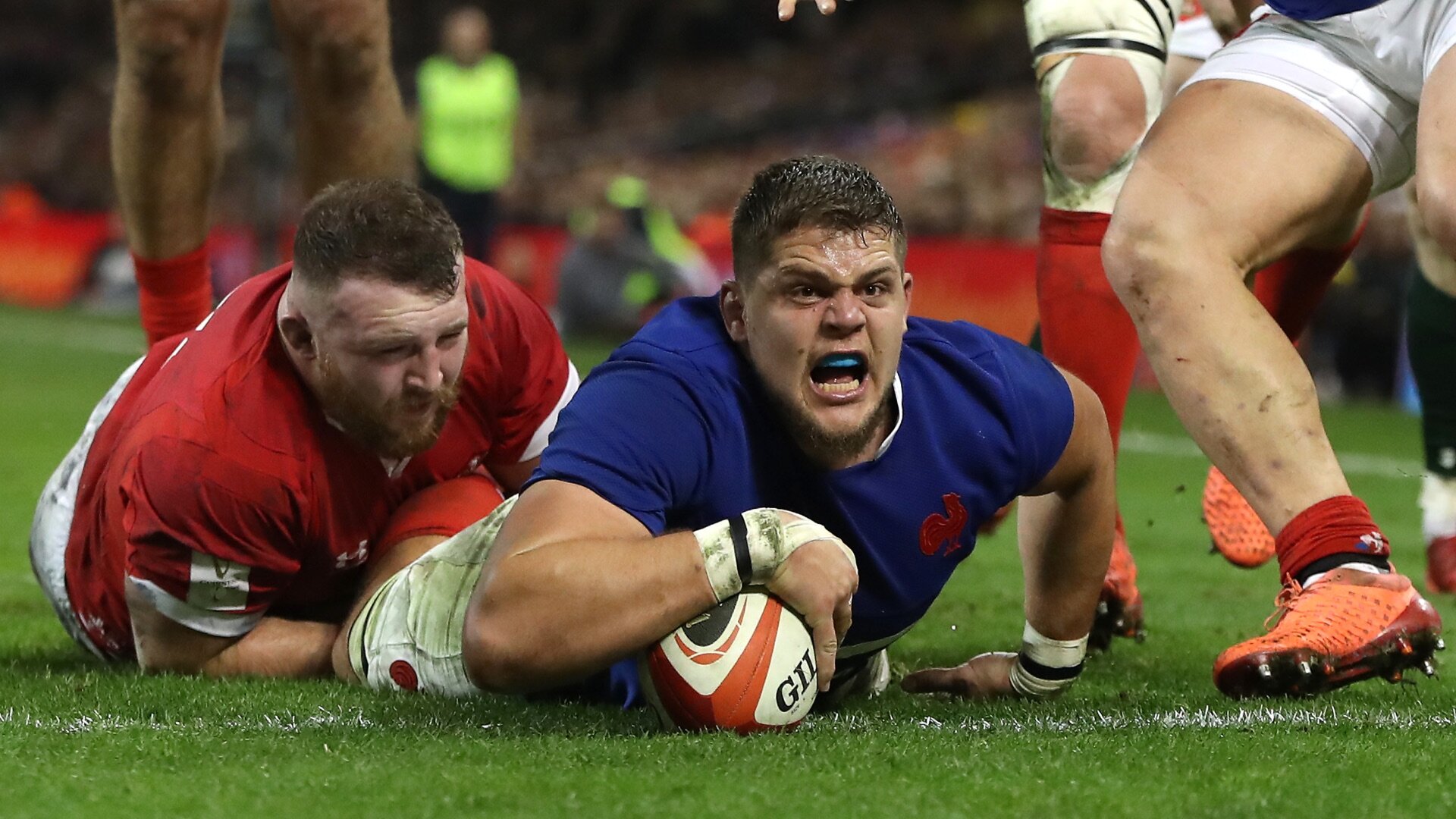France vs Wales in jeopardy as FFR row with Top 14 rumbles on

There is still confusion over whether France will play six Test matches this autumn, starting with the October 24 friendly scheduled against Wales in Paris, due to an ongoing row with the Top 14 clubs.
The France Council of State ruled against the summary motion filed by the Ligue Nationale de Rugby – on behalf of the Top 14 – against the French Rugby Federation, who want players available from October 19 through to December 5.
However, rather than that Friday decision green-lighting the way for the FFR to press ahead with its six-game plan, it was highlighted in its outcome that an agreement must still be reached by the FFR and the LNR.
As it stands, the LNR have only agreed to a three-match, four-week window, and while there were previous indications that they would likely agree to five games due to the rescheduling of the delayed 2020 Six Nations game with Ireland and the introduction of the one-off four-game Autumn Nations Cup, no agreement was ever formally reached and the scheduling of the sixth match with Wales has only exacerbated the difficult situation.
In a statement, the FFR welcomed Council of State decision in the interest of French rugby, claiming it would allow the management of France squad to have its players from October 19 to December 5, as defined by rule nine of World Rugby.
Squad news: Red mist prop back in favour https://t.co/rPoWE6ymko
— RugbyPass (@RugbyPass) October 7, 2020
However, L’Equipe reported that nothing was certain as the administrative court’s decision didn’t leave a free hand to the FFR. On the contrary, it referred the FFR and the LNR to the convention which binds them on the subject of the provision of internationals and further discussions are now likely.
The summary judge wrote: “To allow the extension of the period of availability, such as the number of matches likely to be played, a modification of the relevant provisions of the agreement between the Federation and the League is, contrary to what the Federation supports, necessary. These modifications can only be made by a joint decision of the Federation and the League.”
Several meetings between leaders of the two bodies had already taken place on the autumn calendar prior to Friday’s Council of State involvement, but no agreement was found. The Council of State also outlined that World Rugby regulations can’t affect national law and that it was up to the French decision-makers (the League and the Federation) to come to an agreement.
“The Federation’s intention (to widen the international window) cannot as it stands be regarded as a unilateral decision. The Council of State therefore does not consider that the FFR can impose its own calendar,” read the ruling.
The FFR schedule is for games against Wales (October 24), Ireland (October 31), Fiji (November 15), Scotland (November 22), Italy (November 28) and an opponent to be determined (December 5).
Back in action, but with a much-changed XV https://t.co/ykxK7L2a6R
— RugbyPass (@RugbyPass) October 10, 2020











































